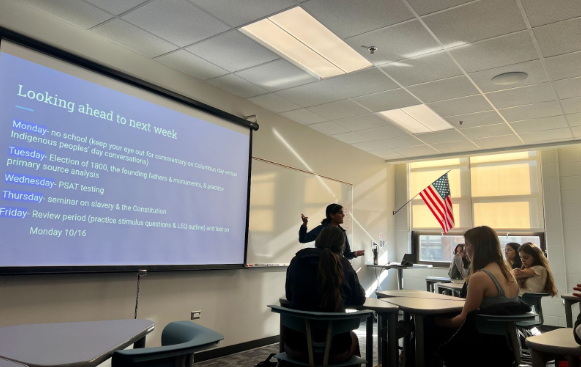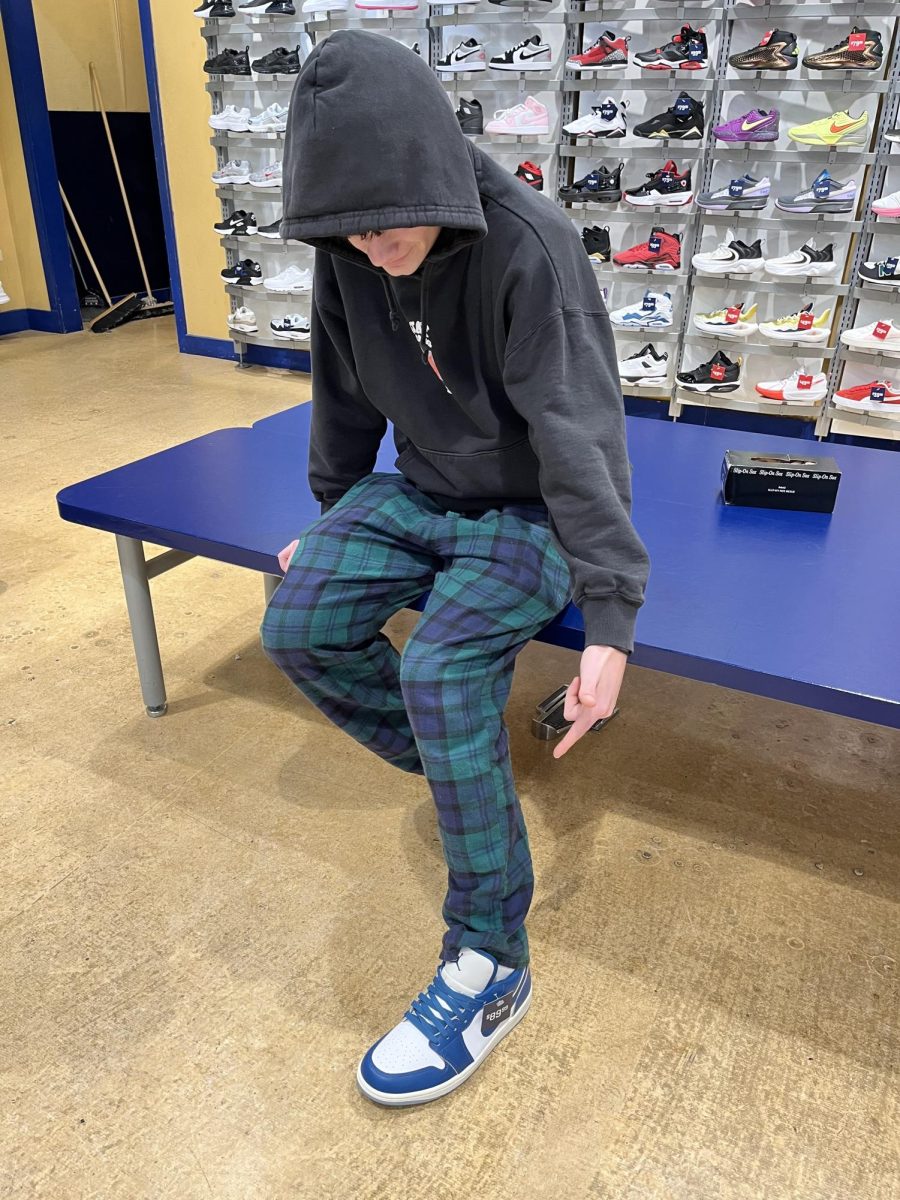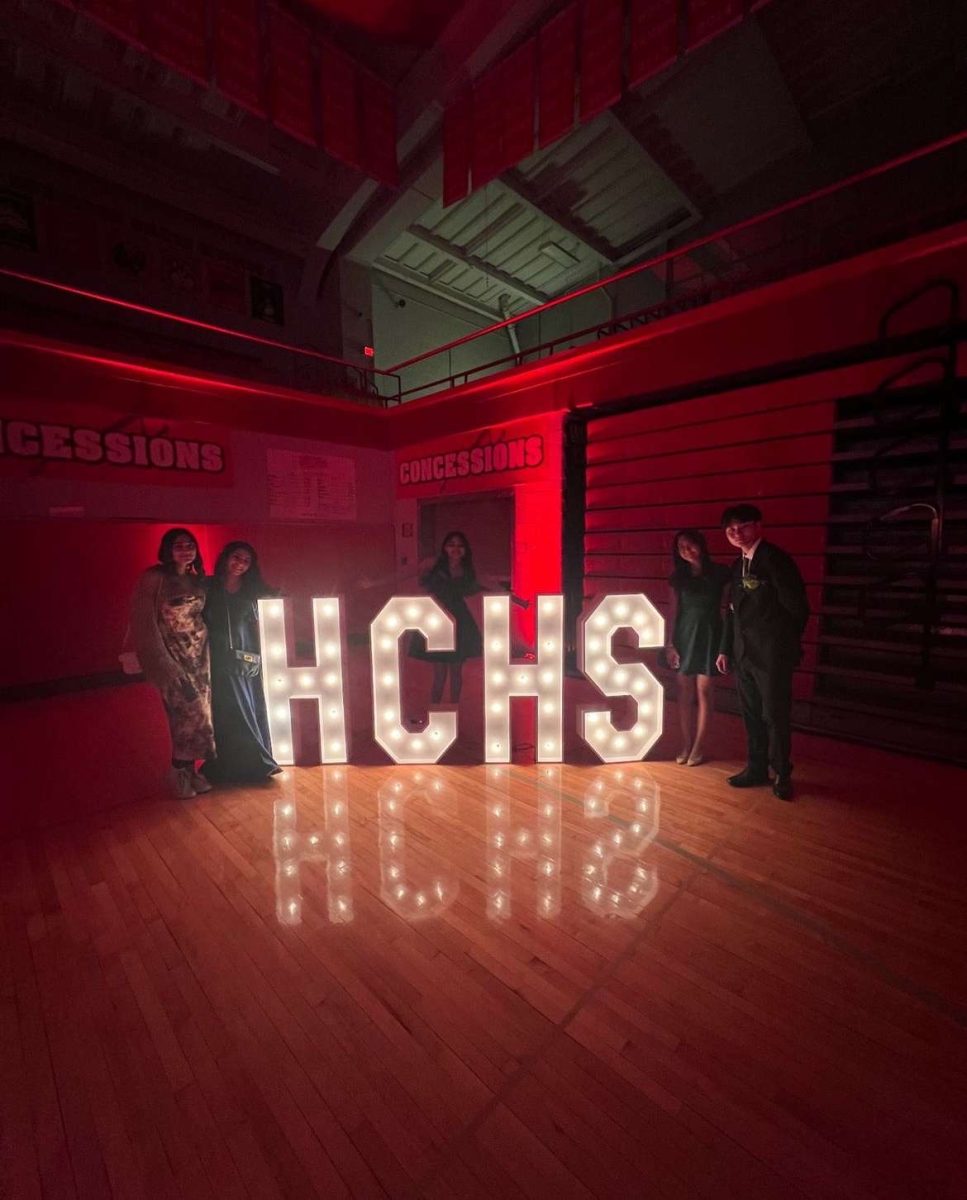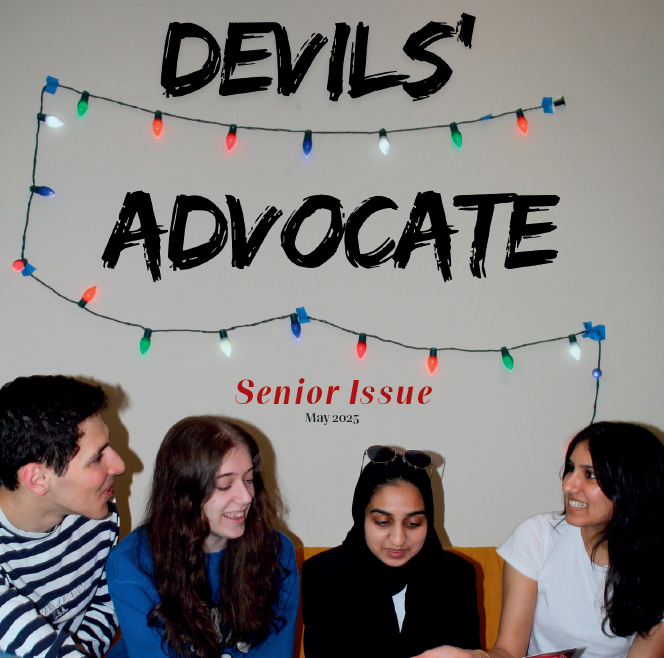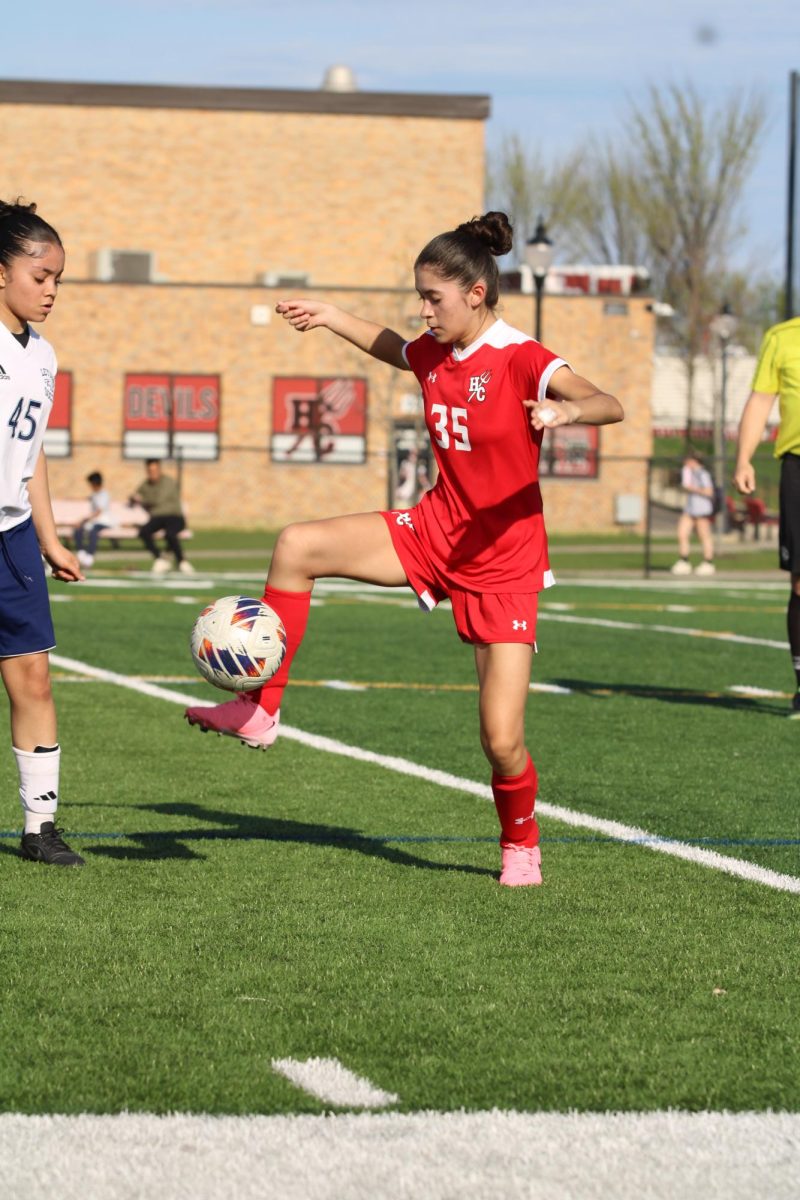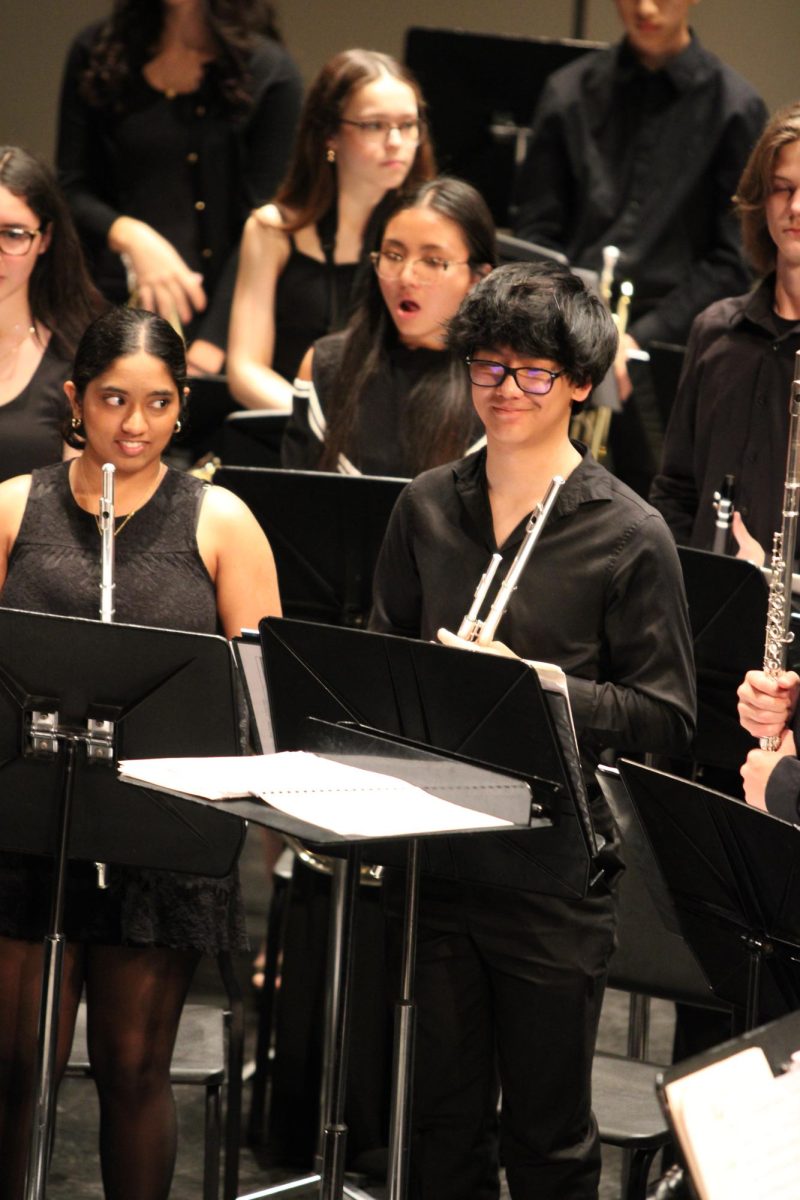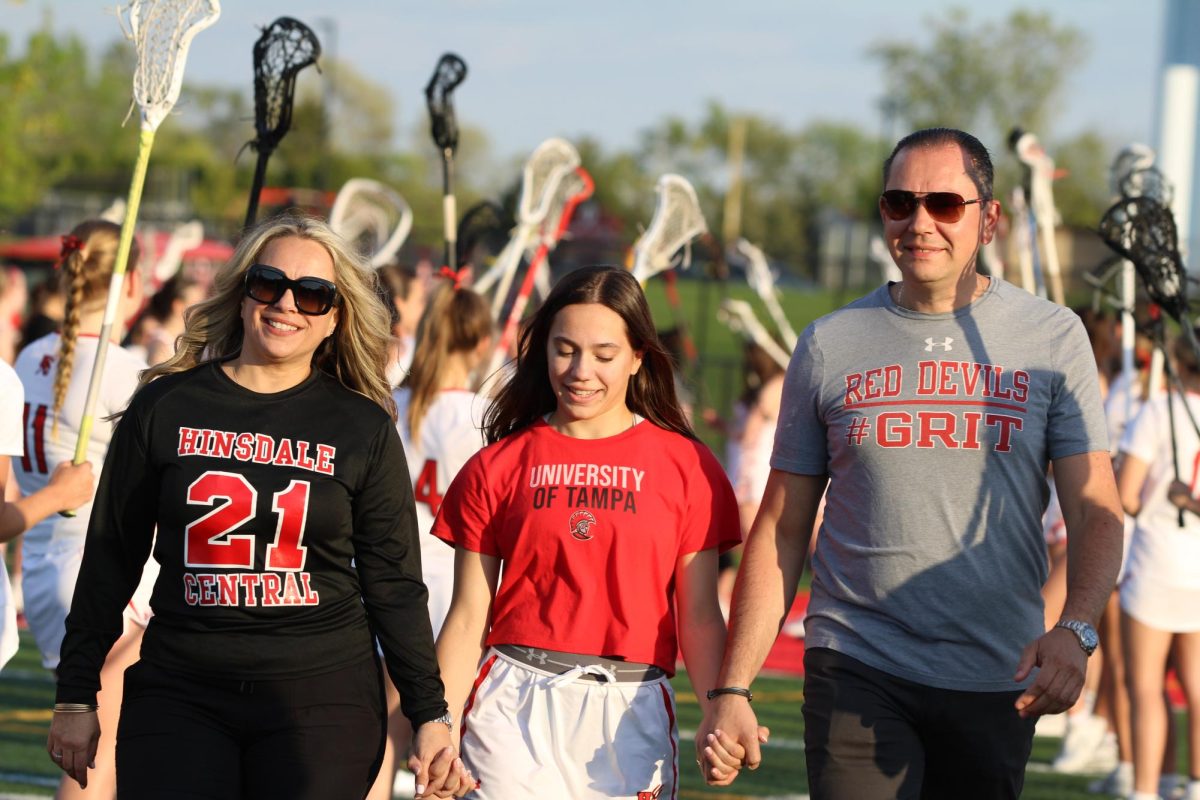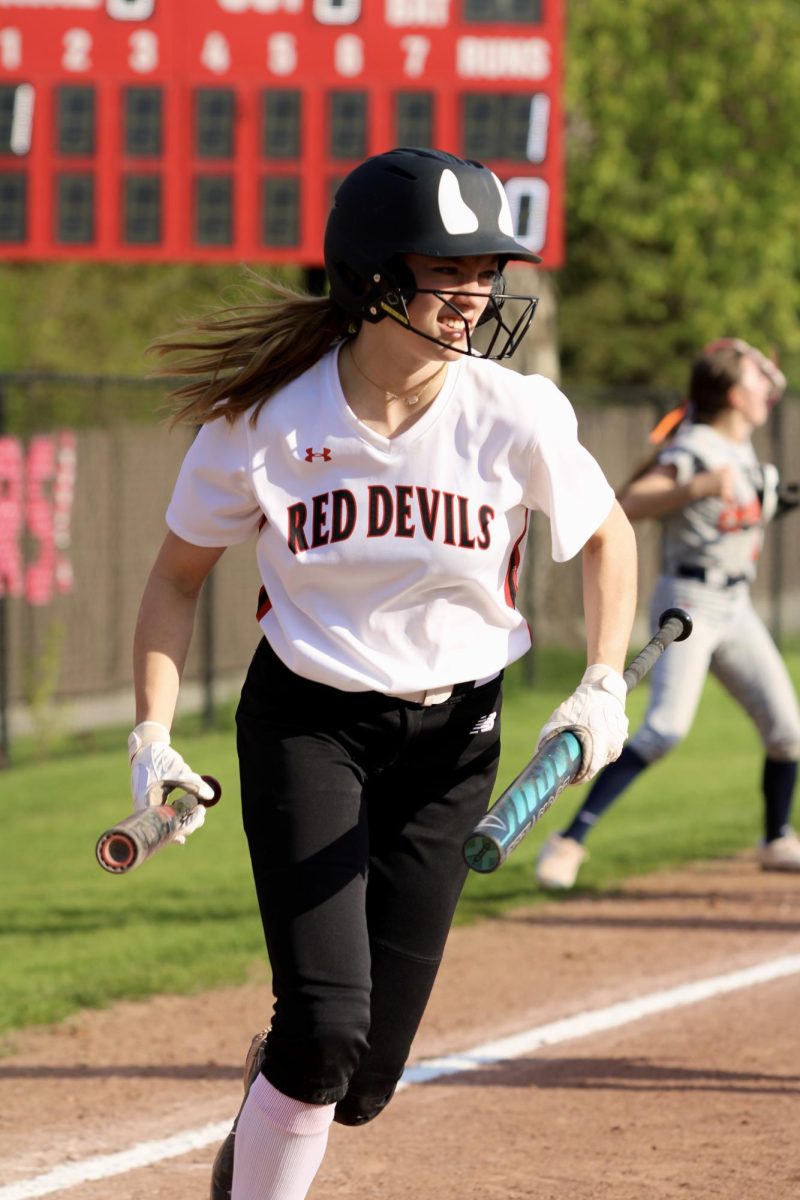The school year has barely begun, but it feels like it has been so long since summer. October finally rolls around, and so does one of the first long weekend breaks: Columbus Day! Many took this three-day weekend for granted, not knowing the historical significance, however this year it was a little different. Columbus Day has gradually become synonymous with Indigenous Peoples’ Day, a holiday meant to acknowledge the struggles of Native Americans that came along with Christopher Columbus’s controversial discovery of the Americas.
Indigenous Peoples’ Day first replaced Columbus Day in California in 1992, but Illinois was slower to action. In 2017, Illinois Legislation created a designated Indigenous Peoples’ Day on the last Monday of September “without the consultation of Indigenous groups in Illinois, who opposed the bill.” Indigenous Peoples’ Day became nationally acknowledged as a part of Columbus Day in 2021 when President Biden officially marked it as a holiday.
This is the first year that the Hinsdale Central annual calendar refers to Oct. 9 as Indigenous Peoples’ Day. So, why do many still not know about it?
43% of HCHS students said they were unaware of the Indigenous Peoples’ Day change. In an interview with Sanskruti Patel, an AP US History teacher at HCHS, Patel gave her input regarding the significance of the name change. “The debate over the naming of holidays and what they represent is an important example of how historical memory and interpretation changes over time,” Patel said. “It’s increasingly important for all of us to understand multiple perspectives to be able to engage in an informed way” regarding the politicization of history.
Students also have their own views on the name change. “The indigenous peoples are such a big part of American history and they deserve the same amount of representation [as Columbus],” said Maria Leal, junior.
Nevertheless, the name change is still an adjustment for many individuals. “People still refer to it as Columbus Day, that’s what my friends and I call it,” said Campbell Jones, senior. “There’s not really that big of a push at Hinsdale Central to call it Indigenous Peoples’ Day.”
Aside from the context of Hinsdale Central, this name change has led to further cultural implications. A Chicago Monument of Christopher Columbus first appeared in 1933 but has been since removed. Temporarily at first, the statue was removed from Grant Park in 2020 in response to activism for removing problematic monuments. Natives and supporters worked together to educate the public about how monuments discounting the true history of the founding of Chicago and America can be controversial. According to Report on Chicago’s monuments urges removal of Columbus statues, creation of markers that tell city’s ‘true and complete history’, their activism has even led to $50,000 grants to eight new temporary or permanent works that will honor the imperfect past of Chicago.
Whether it’s called Columbus Day or Indigenous Peoples’ Day, it’s still a day off. HCHS students are looking forward to a break from the rigorous coursework. However, on October 9th, it is important to consider the difference. Now knowing the history, take a moment to acknowledge the controversy and understand how this could impact the holiday celebrations. Although it may not mean anything to most people, activism persists and many continue to fight for a holiday that doesn’t glorify a divisive history.




